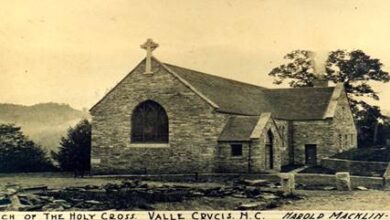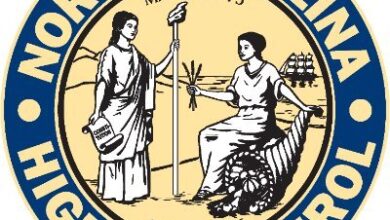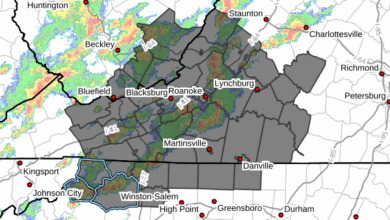Last Updated on June 19, 2017 7:45 pm
The Nantahala and Pisgah National Forests announced today that forest visitors have until July 19 to submit contact information to a ranger district office to participate in the lottery to receive a ginseng harvest permit this year.
Visitors must obtain a permit to collect wild ginseng in the two national forests during the designated harvest season.
In 2013, due to concern over reductions in wild ginseng numbers, the Forest Service implemented changes to wild ginseng harvests in the Nantahala and Pisgah National Forests to conserve wild ginseng populations. These policies remain in place including:
*The number of permits issued is limited to 136 annual permits, a 75 percent reduction from historical permit issuances.
*Permits are issued through a lottery system (selected randomly) by each district office. Individuals may submit their names at more than one district office.
*A permit allows a person to harvest 1-3 wet pounds (at $40 per pound) of wild ginseng in the ranger district where the permit is issued.
*The permitted harvest season is 2 weeks. Harvesting will be allowed September 1 through September 15, 2017.
*Each District Ranger may further limit ginseng harvests to certain areas of the national forest to allow the plants to regenerate or to protect designated wilderness and other natural areas. Harvest area descriptions and maps will be provided to permit recipients.
*Harvest is prohibited in designated wilderness and other natural areas set aside for research purposes, such as Walker Cove and Black Mountain.
Those requesting a permit must call or visit a ranger district office and submit their name and address by July 19. Requests by email will not be accepted. Written notification will be mailed to applicants selected by lottery before August 19. District offices will issue permits August 21 to September 1 to selected applicants.
In addition to reducing the legal harvest of wild ginseng, the Forest Service plans to increase law enforcement efforts to reduce poaching. Removing a wild ginseng plant or its parts from national forests without a permit or outside of the legal harvest season is considered theft of public property. Penalties for plant poaching may include a fine up to $5,000 or 6-month sentence in federal prison, or both. Wild ginseng plants on the national forest are public property and are sustainably managed by the Forest Service to meet the needs of present and future generations.
Ginseng root has been favored as a tonic primarily in East Asia for the past two-and-a-half centuries. In North Carolina, ginseng is more common in the mountains, very infrequent in the piedmont, and very rare in the coastal plain.
















